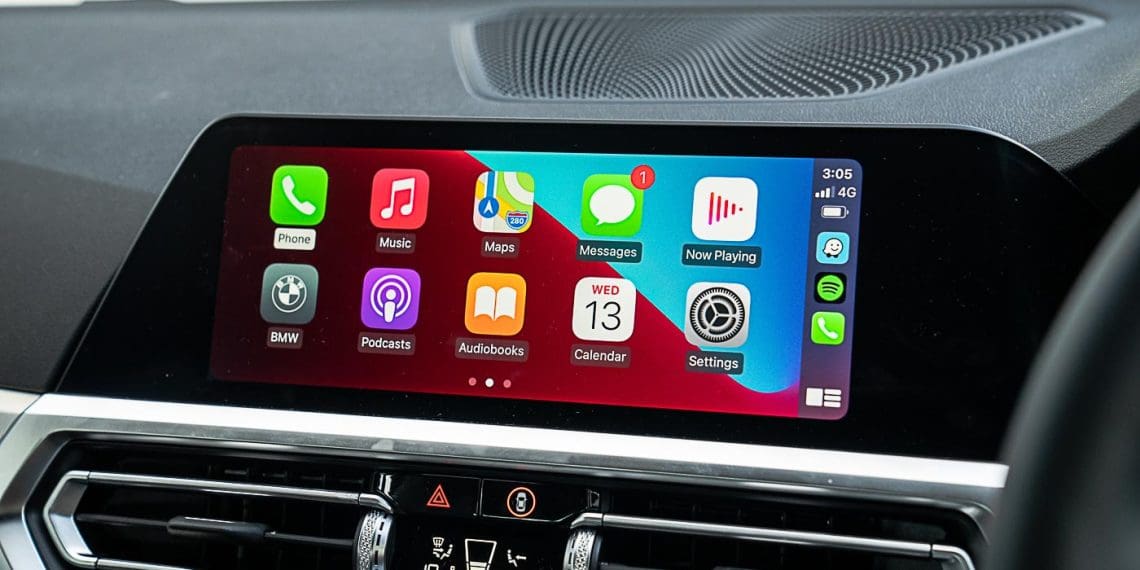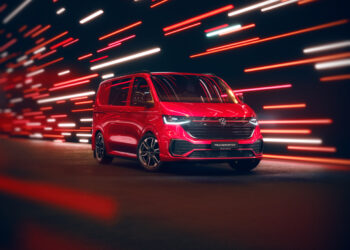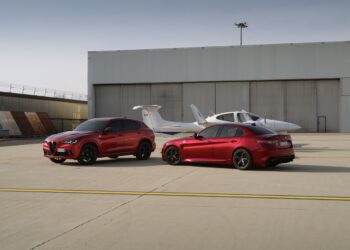Apple’s CarPlay, once hailed as a revolution in integrating smartphones with vehicles, has hit some turbulence. While users were hoping for significant updates with the release of iOS 18, the reality is far less thrilling. Instead of major advancements, CarPlay users are met with subtle changes, like the addition of contact photos in message notifications. For many, this underwhelming update is only half the problem.
One of the major complaints coming from Mazda owners is that iOS 18 has caused wireless CarPlay connections to break. Despite functioning perfectly on previous iOS versions, the wireless connection refuses to work after the update. Oddly, wired connections are unaffected, but when it comes to wireless connectivity, Mazda owners are left in a frustrating loop. While some users have discovered a temporary workaround involving connecting the iPhone via cable before disconnecting it to use wirelessly, the issue reappears the next time the system is restarted.
The lack of significant improvements or fixes to CarPlay reflects Apple’s broader approach to the system. Unlike Google’s Android Auto, which receives regular updates through the Google Play Store, CarPlay’s evolution is shackled to iOS updates. This means bug fixes and new features only land when Apple decides to update the entire operating system—a far less flexible approach than its competitors.
In an attempt to find solutions, some users have reported success by disabling the “Private Wi-Fi address” feature on their iPhones. While this workaround has brought temporary relief, it underscores the broader frustration of CarPlay users who are left dealing with bugs and glitches on a system that, for some, previously ran without issue.
Compounding the frustration is the long-anticipated CarPlay 2.0. Announced with much fanfare at Apple’s 2022 WWDC conference, CarPlay 2.0 promised an immersive, next-generation driving experience with significant customizations for car manufacturers. Yet, despite assurances from Porsche and Aston Martin that they would roll out the first vehicles with the updated CarPlay by the end of 2023, the system remains conspicuously absent from the spotlight.
Even as Apple introduced new iPhones and Apple Watches in September 2024, CarPlay 2.0 was nowhere to be found. This has fueled speculation that the system’s launch is far from smooth, with delays and a lack of widespread manufacturer support. Porsche and Aston Martin remain the only carmakers to confirm their involvement, and no other major automotive brands have stepped forward with adoption plans.
With the clock ticking on 2024, Apple is in danger of missing its opportunity to dominate the in-car software space. Unless the tech giant makes significant strides with CarPlay 2.0 soon, it risks losing ground to competitors like Google, whose more frequent updates and flexible rollout model keep Android Auto users satisfied.
Apple may need to rethink its strategy for CarPlay if it wants to keep up in the fast-evolving automotive sector. As it stands, iOS 18 has brought more headaches than solutions, and the anticipated CarPlay 2.0 remains stuck in the slow lane. Perhaps we’ll see Apple regain momentum next year, but for now, CarPlay users are left waiting for improvements that might not come as quickly as they hoped.










